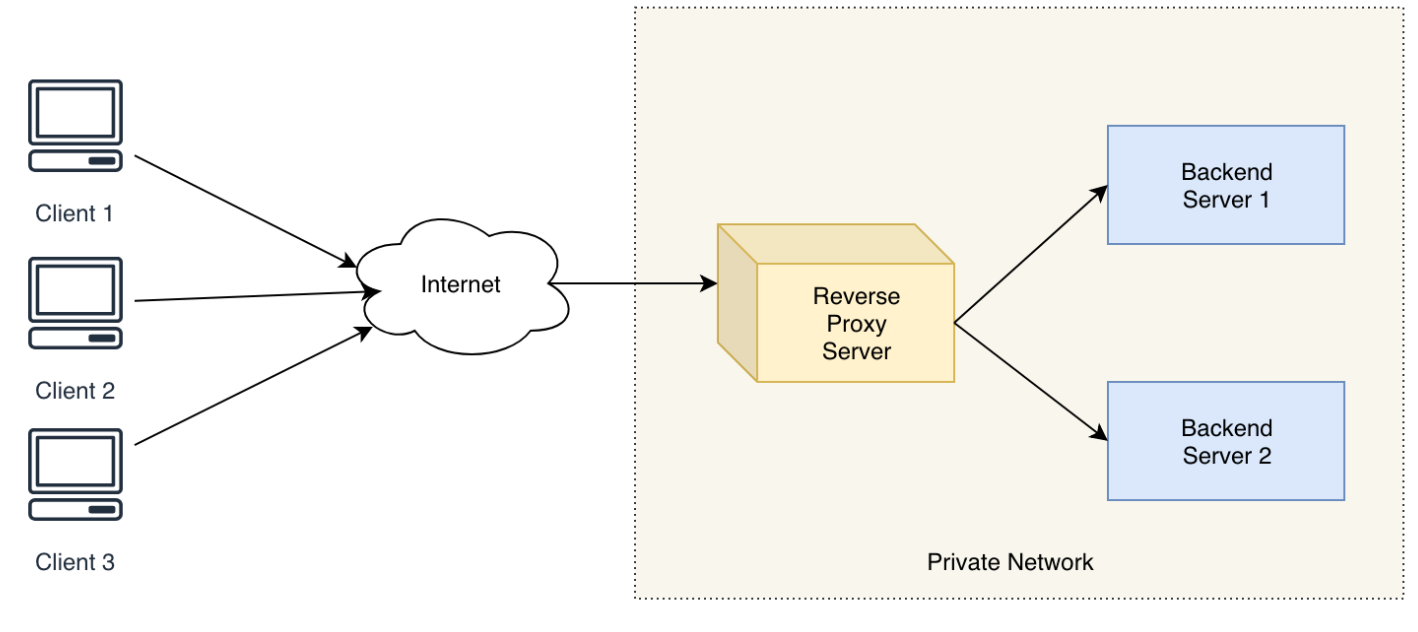In the modern online world, maintaining online privacy and security has become important than in the past. As individuals seek ways to maneuver the internet safely, two concepts often come up: proxy systems and virtual private networks. While both serve the purpose of improving online privacy, they operate in unique methods and are suited for different needs. Understanding how proxy servers work and their various types can help individuals and companies make educated decisions about their digital approaches.
Proxies function as intermediaries between people and the internet, routing requests and responses utilizing their own network. Helpful hints in concealing the user's IP address but also offers chances for better protection and access to blocked content. However, with the extensive range of proxy options accessible, including HTTP, SOCKS, and transparent proxies, it's crucial to grasp the variations and benefits associated with each. In this article, we will delve into the world of proxy servers, analyzing their functions, advantages, and the latent risks when choosing the best approach for your digital requirements.
Comprehending Proxy Solutions
A proxy acts as a go-between between a user and the internet. When a client connects to the internet through a proxy, their requests for web content are first sent to the intermediary, which then relays those requests to the desired web server. The proxy retrieves the data from the internet and sends it back to the user. This system helps conceal the client's original IP address, providing a layer of anonymity.
Proxy servers come in different types, each serving different functions. For example, HTTP proxy servers are designed for web traffic, while SOCKS proxies support various types of traffic, making them adaptable for uses beyond internet surfing. Transparent proxy servers, on the contrary, do not alter queries or responses, allowing users to navigate without being aware of their presence. Understanding these categories is crucial for clients seeking to maximize the benefits of proxy services.
Employing a proxy can improve both internet privacy and safety. By concealing the client's IP address, proxy servers help safeguard private data from possible threats. Additionally, they can prevent illegal access to sensitive data and minimize the risk of cyberattacks. However, it is important to evaluate the security features of the proxy solution you choose, as not all proxies provide the identical level of protection.
Advantages of Using Proxy Services
Proxy servers offer numerous benefits for improving online privacy and security. By check here as intermediaries between individuals and the internet, they can conceal individuals' IP identities, making it more challenging for websites and possible intruders to monitor their internet behavior. This added layer of anonymity helps safeguard personal details while browsing, playing a role significantly to users' anonymity.
Another major benefit of using proxy servers is better protection. They can provide a defense against cyber threats by screening harmful content and stopping malicious platforms. Companies often use proxy solutions to create a separation between their internal networks and external threats, reducing the chance of data theft. Additionally, numerous proxy services come loaded with enhanced capabilities that can code user data, further safeguarding against illegal intrusion.
Proxy services are also essential tools for efficiency and output. Companies can utilize them to manage and oversee employee web activity, making sure that resources are used appropriately. Furthermore, by enabling access to geo-restricted information, proxy servers allow employees to gather essential insights for market research without the usual limitations that come from regional limitations. This not only does it improve workflow but also delivers vital insights for tactical decisions.
Proxies in Diverse Industries
In the realm of digital marketing, proxies are crucial for gathering data and maintaining a business edge. Advertisers utilize proxies to conduct competitor analysis and gain understanding into rival strategies without revealing their own identity. By using proxies for data scraping, companies can gather information about pricing, new products, and client feedback, allowing them to adapt their strategies in a fast-paced market environment.
The gaming industry also benefits significantly from proxy servers. Gamers often face geo-blocks or IP bans that prevent them from accessing certain titles or materials. Using proxies allows players to bypass these restrictions, enabling them to connect to servers in various locations. Additionally, proxy servers can help reduce latency and enhance connection speeds, making for a better gaming experience overall. For both recreational and pro gamers, the right proxy server can boost performance and access to a broader range of titles.

In the corporate world, companies increasingly depend on proxies to protect their systems and enhance safeguarding. By acting as middlemen between employees and the web, proxies can filter out malicious traffic and protect sensitive information. They also play a vital role in managing employee internet usage, ensuring productivity is maintained while browsing. Furthermore, entities use proxies to access location-based information and services, providing a uninterrupted experience for distributed teams and enhancing teamwork.
